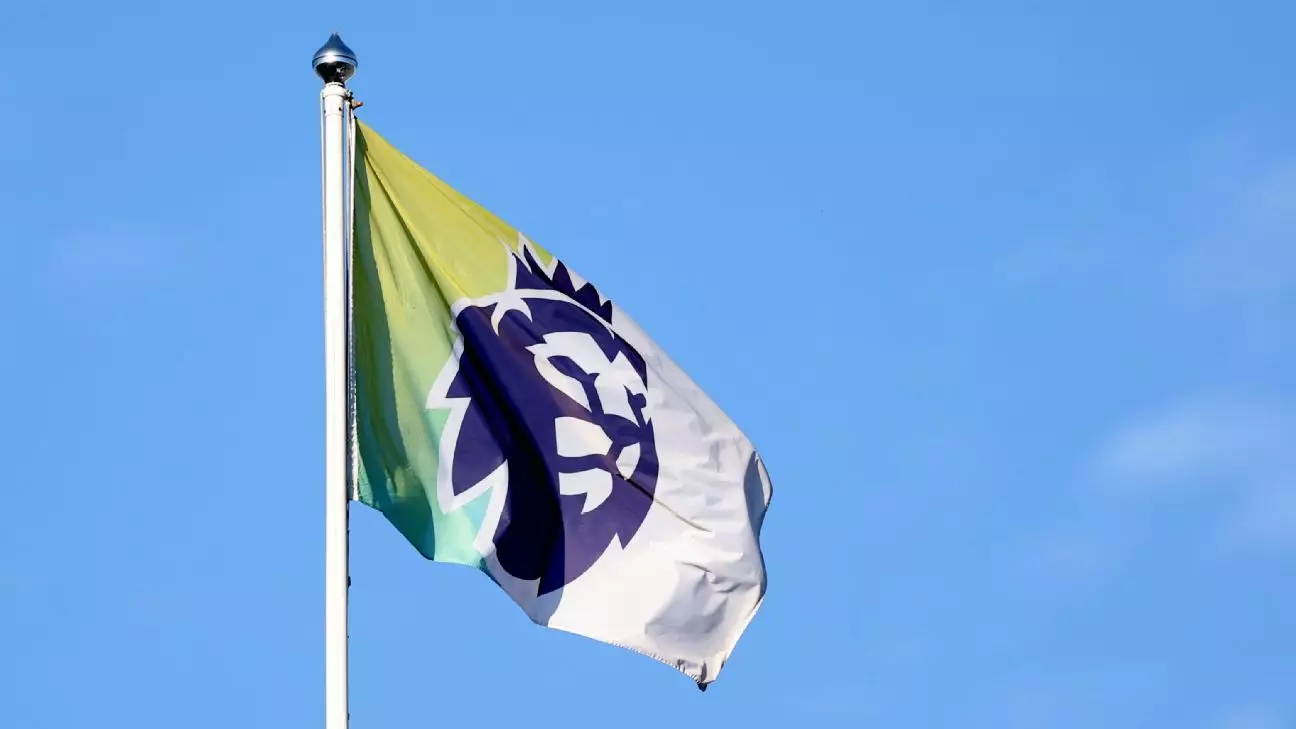The Premier League’s financial regulations, particularly the Profit and Sustainability Rules (PSR), have become a focal point of discussion among football clubs as the new season approaches. These rules aim to limit losses and encourage financial prudence among teams. Initially designed to curtail extravagant spending, PSR has created a restrictive atmosphere in the transfer market, particularly impacting clubs like Manchester United and Newcastle United, which have struggled to invest in new talent. Despite their good intentions, PSR’s limitations have led to significant discontent, with many clubs feeling handicapped in their ability to strengthen the squad.
There have been discussions regarding a shift from the existing PSR framework to a more flexible financial control system that considers squad-cost ratios and income generation. This proposed system is intended to allow clubs to have more freedom in their spending, reflecting their actual revenues. However, the recent Premier League Stakeholders meeting revealed that not all clubs are in agreement regarding the new regulations. Some are eager for reforms to be implemented immediately, while others call for further debate and refinement. The lack of consensus highlights the complexities involved in altering the financial landscape in English football.
Adding another layer of complexity to this situation is Manchester City’s ongoing legal battle against certain aspects of financial regulations, particularly concerning Associated Party Transactions (APT). The APT rules are intended to ensure that clubs conduct their business fairly, applying market values to deals with entities closely linked to club ownership. The outcome of this legal challenge could have significant implications for the overall financial regulatory framework in the league. Until these matters are resolved, the likelihood of transitioning from PSR to the proposed new regulations may remain uncertain.
Further complicating the situation is the introduction of a new football governance bill by the UK government. While the specifics of this bill have yet to be finalized, its aim is to ensure that football clubs operate with financial sustainability. The Premier League must navigate this regulatory landscape to develop its definition of what sustainability means. This process entails aligning with the broader regulatory framework under the control of an incoming independent football regulator, a move that could reshape how financial practices are conducted within the league.
With the clock ticking down to the next football season, it appears increasingly likely that the current Profit and Sustainability Rules will remain in place for at least another year. The introduction of new financial controls may be running in parallel as clubs grapple with the implications of legal challenges and government oversight. While some clubs seek financial freedom to enhance their competitive standing, the journey toward achieving a balanced and sustainable financial model continues to be fraught with challenges. As the landscape evolves, stakeholders in the Premier League must navigate these complexities to ensure a viable future for both clubs and the overarching football ecosystem.

Leave a Reply